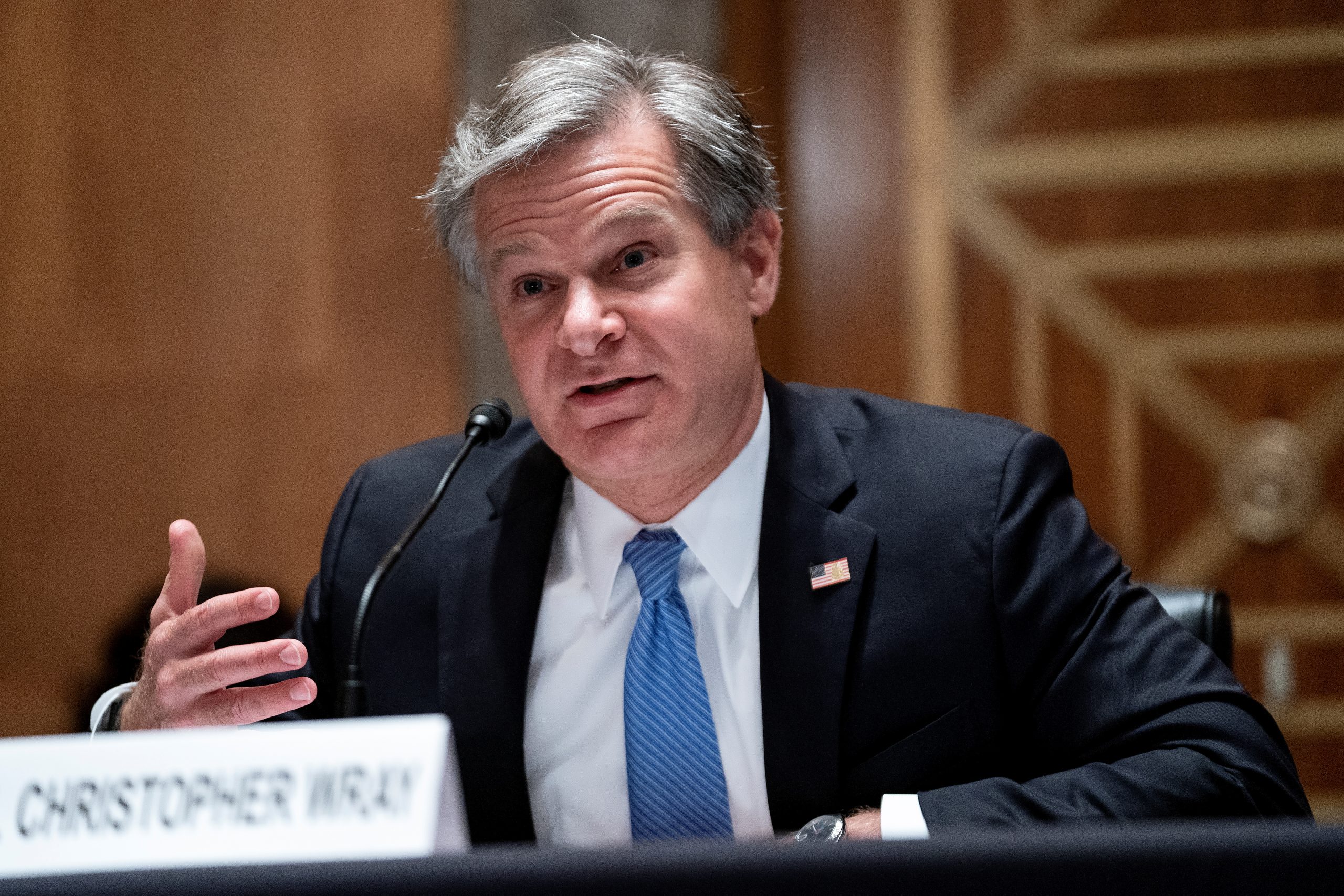
Willie R. Tubbs, FISM News
[elfsight_social_share_buttons id=”1″]
On Wednesday, FBI director Christopher Wray told the House Committee on Homeland Security that the Unites States’ withdrawal from Afghanistan poses a renewed threat of terrorists using that nation as a training ground and shelter.
“We are, of course, concerned that there will be an opportunity for a safe haven to be re-created there, which is certainly something we’ve seen in the past,” Wray said.
As recently as 2001, terrorist groups whose members were largely from other nations – most infamously al-Qaeda led by Osama bin Laden – were able to escape prosecution and plan their misdeeds by hiding in Afghanistan.
“Most importantly we (are) concerned that foreign terrorist organizations will be able to reconstitute, plot, inspire in a space that is much harder for us to collect intelligence and operate against than was the case previously,” Wray said.
Wray’s outlook is in stark contrast to President Joe Biden’s stated belief that the U.S. will be able to continue to gather valuable intelligence on terrorist groups under what has been labeled his “over-the-horizon” plan.
“We will maintain the fight against terrorism in Afghanistan and other countries,” the president said in late August. “We just don’t need to fight a ground war to do it. We have what’s called over-the-horizon capabilities, which means we can strike terrorists and targets without American boots on the ground — or very few, if needed.”
Recently, U.S. officials blamed bad intelligence for an errant drone strike that killed 10 Afghan civilians in what the Pentagon has since called a “tragic mistake”.
In his opening statement, Committee Chair Bennie G. Thompson (D-Miss.) acknowledged a renewed concern about terrorism in Afghanistan but framed the matter as one far larger in scope.
Thompson said the committee “has been and will continue to be engaged on threats to the homeland emanating from Afghanistan, while recognizing that the terror threat has metastasized across the world in the last two decades.”
Wednesday’s meeting, titled “Worldwide Threats to the Homeland: 20 Years After 9/11,” was attended by Wray, Secretary of Homeland Security Alejandro Mayorkas, and Christine Abizaid, director of the National Counterterrorism Center.
While Afghanistan was a key talking point, it was one of several Homeland Security Issues on the docket.
The witnesses also discussed growing concerns over border security and the Islamic State of Iraq and the Levant – Khorasan Province (ISIS-K), which is the group that perpetrated an attack on the Kabul’s airport in late August.
“My own concern is very specifically around ISIS-K and the degree to which ISIS-K [is] building off the notoriety it received after the attack on Aug. 26,” Abizaid said. “Will it become more focused on the West? Will it become more focused on the homeland than it was?”
Republicans were particularly forceful in their questioning of Mayorkas on the matter of securing the U.S.-Mexico border.
“These gaps in the border are exploited to easily smuggle contraband, criminals or even potential terrorists to the United States,” Rep. John Katko (R-N.Y.) said.
